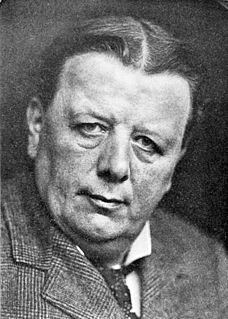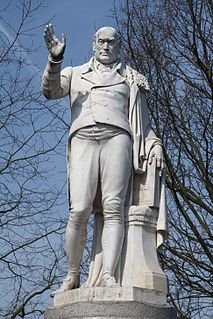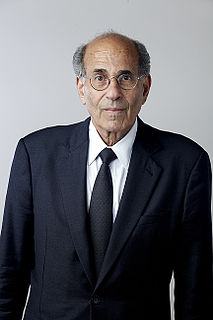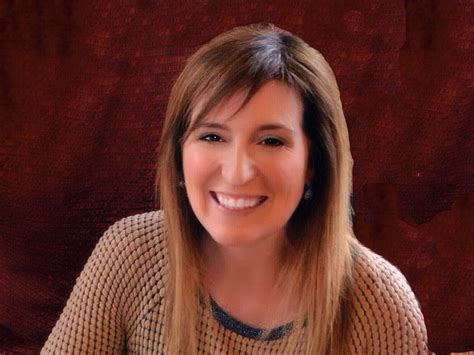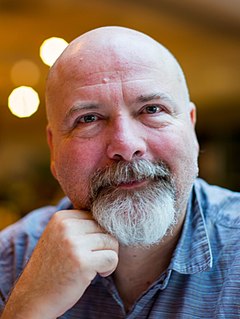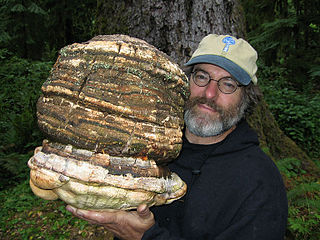A Quote by Louis Pasteur
These microscopic organisms form an entire world composed of species, families and varieties whose history, which has barely begun to be written, is already fertile in prospects and findings of the highest importance. The names of these organisms are very numerous and will have to be defined and in part discarded. The word microbe which has the advantage of being shorter and carrying a more general meaning, and of having been approved by my illustrious friend, M. Littré, the most competent linguist in France, is one we will adopt.
Quote Topics
Adopt
Advantage
Approved
Barely
Been
Begun
Being
Carrying
Competent
Composed
Defined
Discarded
Entire
Entire World
Families
Fertile
Findings
Form
France
Friend
General
Having
Highest
History
Illustrious
Importance
Meaning
More
Most
Names
Numerous
Organisms
Part
Prospects
Species
Very
Which
Whose
Will
Word
World
Written
Related Quotes
When I shall be dead, the principles of which I am composed will still perform their part in the universe, and will be equally useful in the grand fabric, as when they composed this individual creature. The difference to the whole will be no greater betwixt my being in a chamber and in the open air. The one change is of more importance to me than the other; but not more so to the universe.
The chemical differences among various species and genera of animals and plants are certainly as significant for the history of their origins as the differences in form. If we could define clearly the differences in molecular constitution and functions of different kinds of organisms, there would be possible a more illuminating and deeper understanding of question of the evolutionary reactions of organisms than could ever be expected from morphological considerations.
Evolutionary biologists often appeal to parsimony when they seek to explain why organisms "match" with respect to a given trait. For example, why do almost all the organisms that are alive today on our planet use the same genetic code? If they share a common ancestor, the code could have evolved just once and then been inherited from the most recent common ancestor that present organisms share. On the other hand, if organisms in different species share no common ancestors, the code must have evolved repeatedly.
There is part of a structure in which every species is related to every other species. And they're built up on species, like a pyramid. The simpler cell organisms, and then the more complicated ones, all the way up to the mammals and birds and so forth. We call it 'developing upward'... The whole thing depends on every part of it. And we're taking out the stones from the pyramid.
For the fact is that organisms are creative and make their environments in such a way as to become virtually part of it themselves. But at the same time environments (nature and other people) are active in the making of organisms. In many respects each one of these elements, organism and environment, form part of one another.
We are here because over billions of years, countless variables fell into place, any of which could have taken another path. We are essentially a beautiful fluke, as are the millions of other species with which we share this planet. Our cells are composed of atoms and dust particles from distant galaxies, and from the billions of living organisms that inhabited this planet before us.
We ourselves are part of a guild of species that lie within and without our bodies. Aboriginal peoples and the Ayurvedic practitioners of ancient India have names for such guilds, or beings made up (as we are) of two or more species forming one organism. Most of nature is composed of groups of species working interdependently.
The history of books shows the humblest origin of some of the most valued, wrought as these were out of obscure materials by persons whose names thereafter became illustrious. The thumbed volumes, now so precious to thousands, were compiled from personal experiences and owe their interest to touches of inspiration of which the writer was less author than amanuensis, himself the voiced word of life for all times.


